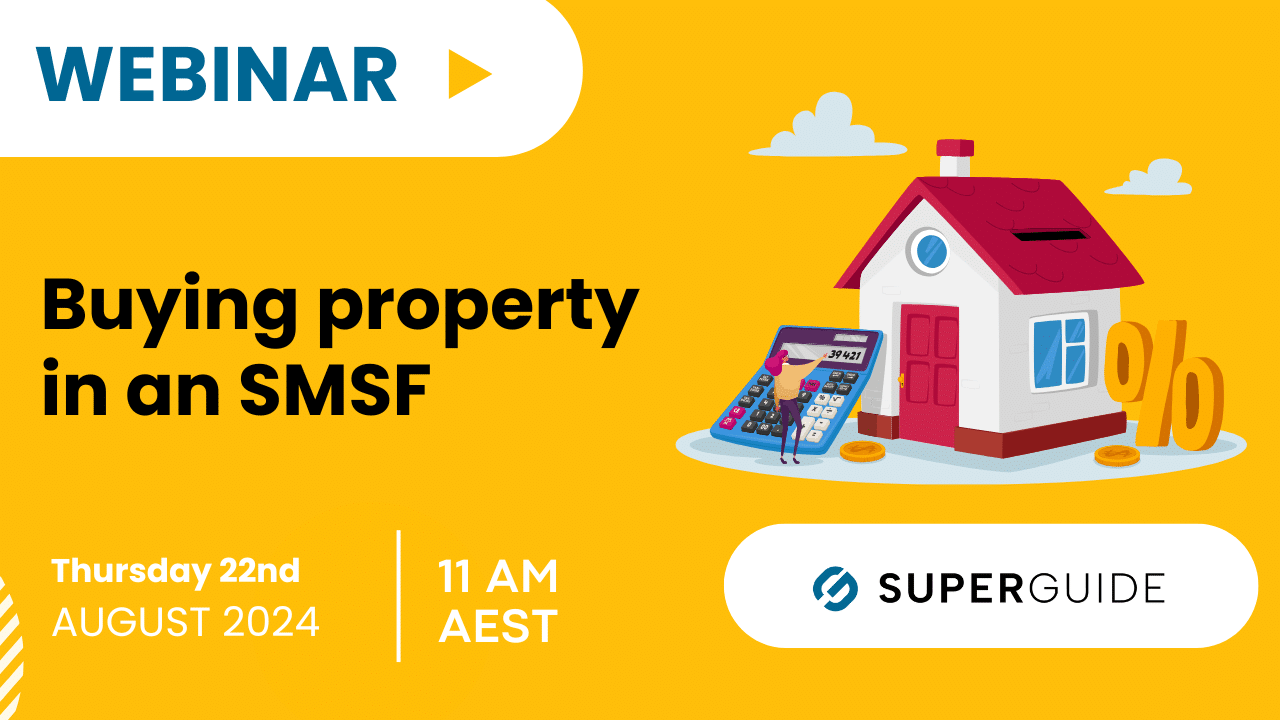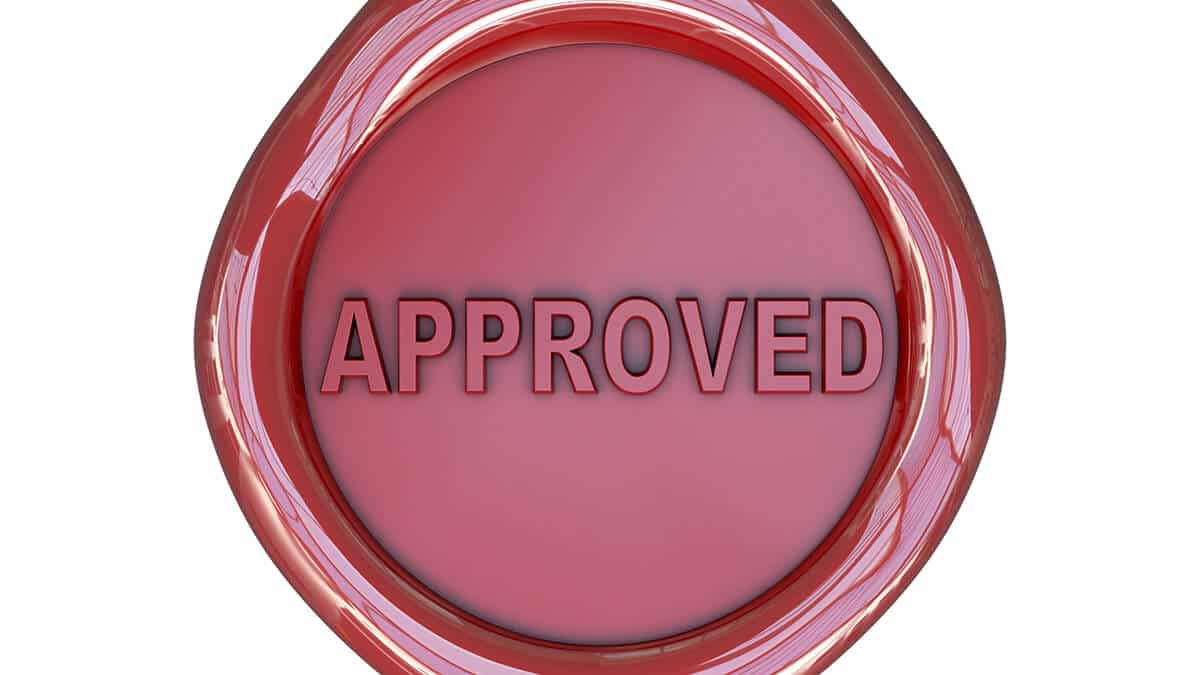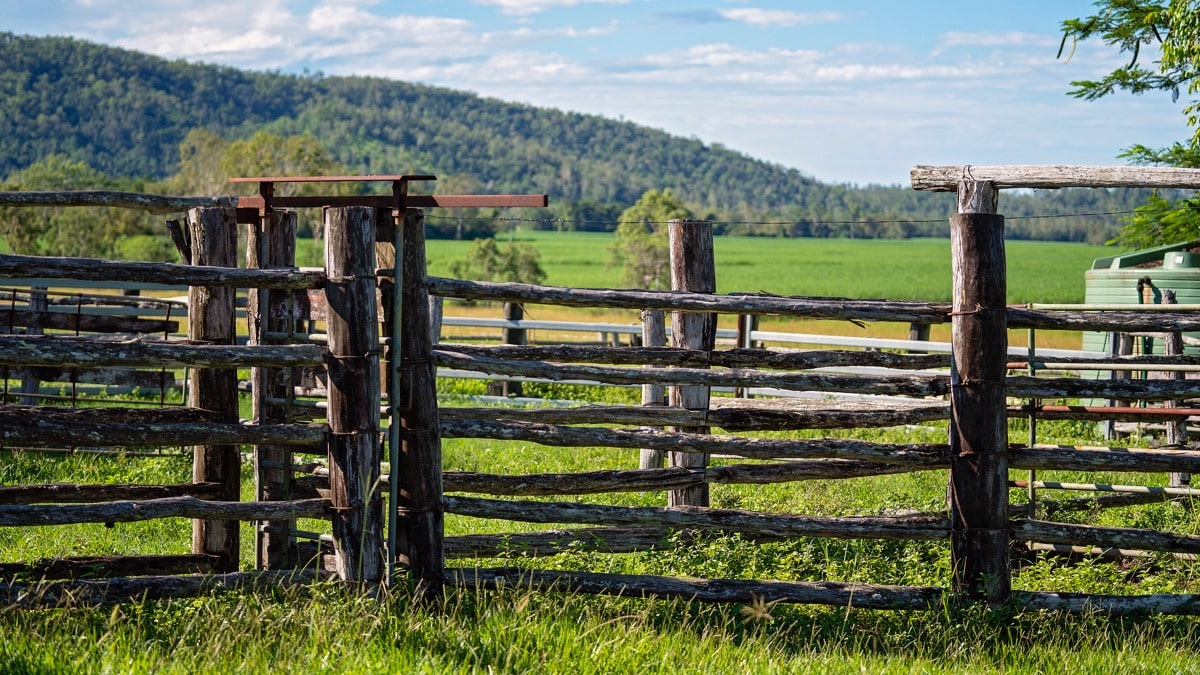Q: Can an overseas house be part of a SMSF? It is not rented out, but it is still an investment property to be sold later to help us with superannuation income later.
A: What we need to look at are the issues and the rules that surround property ownership in general within an SMSF. We need to look at some of the issues to consider with owning foreign or overseas property within an SMSF.
And to me the other issue is around the whys. Why is it that we’re looking to own property as an investment? Why are we looking at overseas property as an investment? And does that fit in with the fund’s overall investment strategy?
So, we all know SMSFs are certainly allowed to own property. And SMSFs are certainly allowed to own overseas property. Property is an extremely popular form of investment class for many SMSFs. And you can see here from the numbers on this slide, which were taken from the ATO’s December 2022 quarterly statistics, you’ll see that property is a popular investment.
It sits at around 15% of all SMSF assets. That includes both overseas non-residential and overseas residential property. These numbers won’t add up to your 15%. But when you look at all property as an asset class, it takes about 15% of all SMSF assets. It’s very popular.
That is only a statistic in regards to direct property ownership. It doesn’t include property ownership through other styles like managed funds or listed property trust or even around sort of the more popular related trust and company investment style that own the underlying assets. So, property is certainly a very common asset within SMSF.
So, the first issue is can we do it? Yes, certainly we are allowed to own property both here and overseas. What we might want to consider though are the property ownership laws in that relevant country. The question was about owning foreign property and do the laws of that particular country, that jurisdiction, allow an SMSF or a trustee to own the asset? It is important that you look at that.
For instance, in the United States, if we go back about 10 or 15 years, USA property was being spruiked to SMSF investors here in Australia every day of the week. It was the new asset class to get into was US property. Not a lot of people bought into it but enough did to create some concerns.
So yes, SMSF could do that, but what we found and what most people looked at was that if you were looking to invest in, for instance, the US property market, you did that through what was called a limited liability company (LLC), which was the owner of the asset for the SMSF’s interest, was shares in a company that owned property in the US.
So, what I suppose I’m trying to make a point on here is check the property ownership laws in the relevant country, but also check whether there’s any other rules that require particular investment styles, such as I said of LLCs. So, check the ownership laws in the overseas country and check whether there are any investment requirements or opportunities that way.
We then need to look at the property itself in regards to the rules and restrictions around the use of the asset. In your question, you mentioned that it may not necessarily be rented out. So, we need to look at that and say, why is it that the SMSF is making such an investment? Keeping in mind that you and all members or related parties to the fund aren’t allowed to stay in that property whilst the SMSF is the owner of the asset. So, it might sound nice to be able to buy the asset that way, but just keep in mind we can’t have any personal use of the asset.
I often hear accountants and lawyers telling me that their clients want to buy a chalet in the south of France, they want to buy a unit in Singapore, they want to buy a beach house in California. It all sounds wonderful, but keep in mind you can’t use it personally. Whilst that asset remains an asset of your SMSF, you can’t stay in it.
I just sort of want to make that clear that, yes, certainly possible to own property in an SMSF. Yes, it’s possible to own property overseas through SMSF, just keeping in mind the usual restrictions around that personal use.














Leave a comment
You must be a SuperGuide member and logged in to add a comment or question.